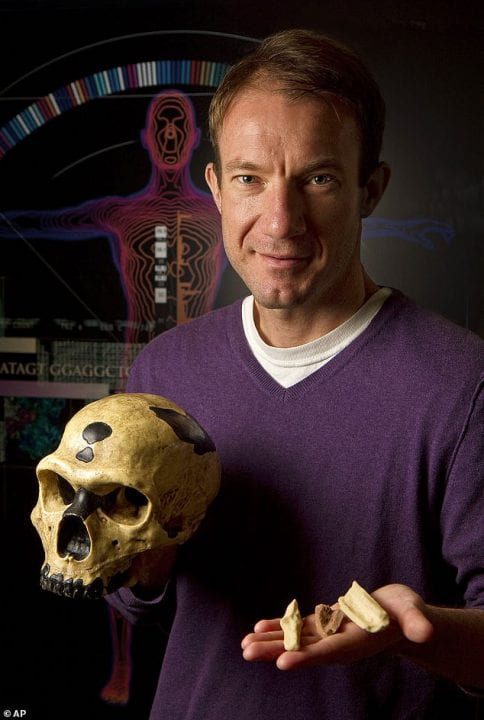
Nature | February 9, 2021
Twenty years ago, the Human Genome Project published its first draft sequence of the entire human genome. A sizeable collection of papers, their published research filled much of the 15 February 2001 issue of Nature, and represented the culmination of some 15 years of work. But it was only the beginning.
Browsing the genome
Alan Packer | Nature | October 15, 2007
The large amount of genomic data generated by sequencing required new approaches for storing, visualizing and integrating sequence data and its annotations. Genome browsers such as Ensembl and the UCSC Genome Browser emerged to offer a new way of accessing and searching the genomes of multiple species.

Waking the dead: sequencing archaic hominin genomes
Rebecca Furlong | Nature | February 10, 2021
The publication of the first draft genome of a Neanderthal in 2010 marked a turning point for the palaeogenomics field, making it possible to assemble an ancient genome from next-generation sequencing reads by overcoming previous limitations in ancient DNA research such as limited starting material, contamination and degradation.

Watch Beth Shapiro, Professor of Ecology and Evolutionary Biology at the University of California, Santa Cruz (UCSC), Associate Director of the UCSC Genomics Institute and Investigator at the Howard Hughes Medical Center, discuss the impact of genomic sequencing on the field of ancient DNA research.
Neanderthal genome yields insights into human evolution and evidence of interbreeding
Tim Stephens | UCSC | May 6, 2010
After extracting ancient DNA from the 40,000-year-old bones of Neanderthals, scientists have obtained a draft sequence of the Neanderthal genome, yielding important new insights into the evolution of modern humans.

Filling in the gaps telomere to telomere
Katharine Wrighton | Nature | February 10, 2021
2020 saw the publication of the first gapless, telomere-to-telomere assembly of a human chromosome, the X chromosome. This discovery brought together sequencing technologies and computational tools that had been developed in the preceding decade.

Scientists achieve first complete assembly of human X chromosome
Tim Stephens | UCSC | July 14, 2020
The first end-to-end (‘telomere-to-telomere’) completely gapless DNA sequence of a human chromosome is a major milestone for genomics research.
